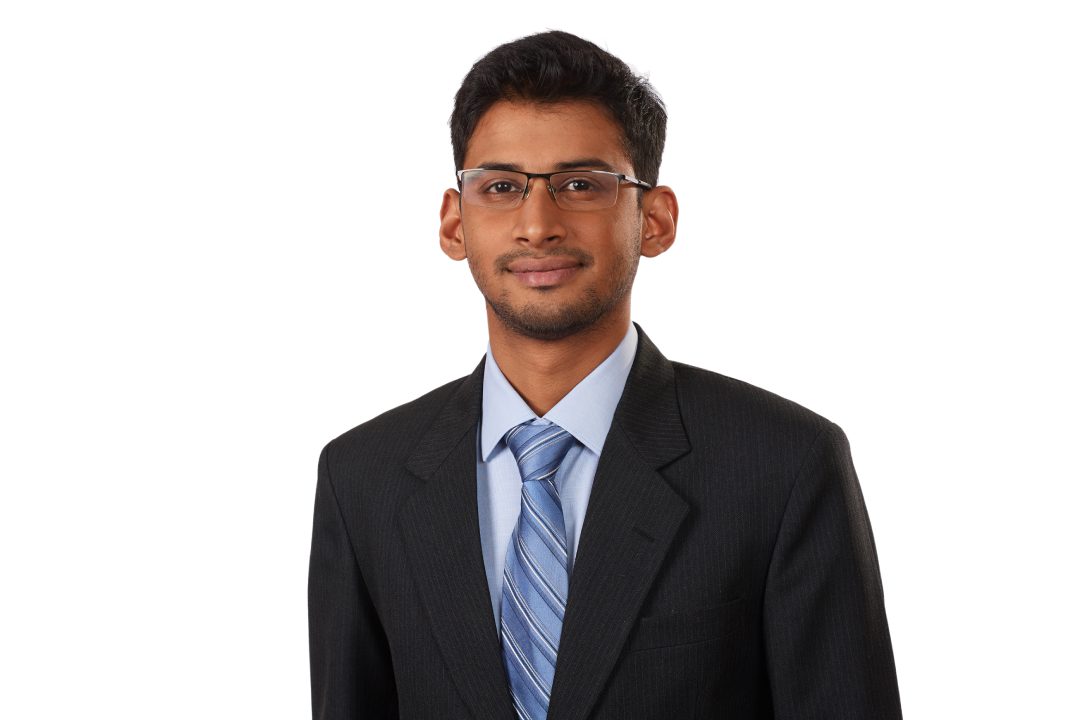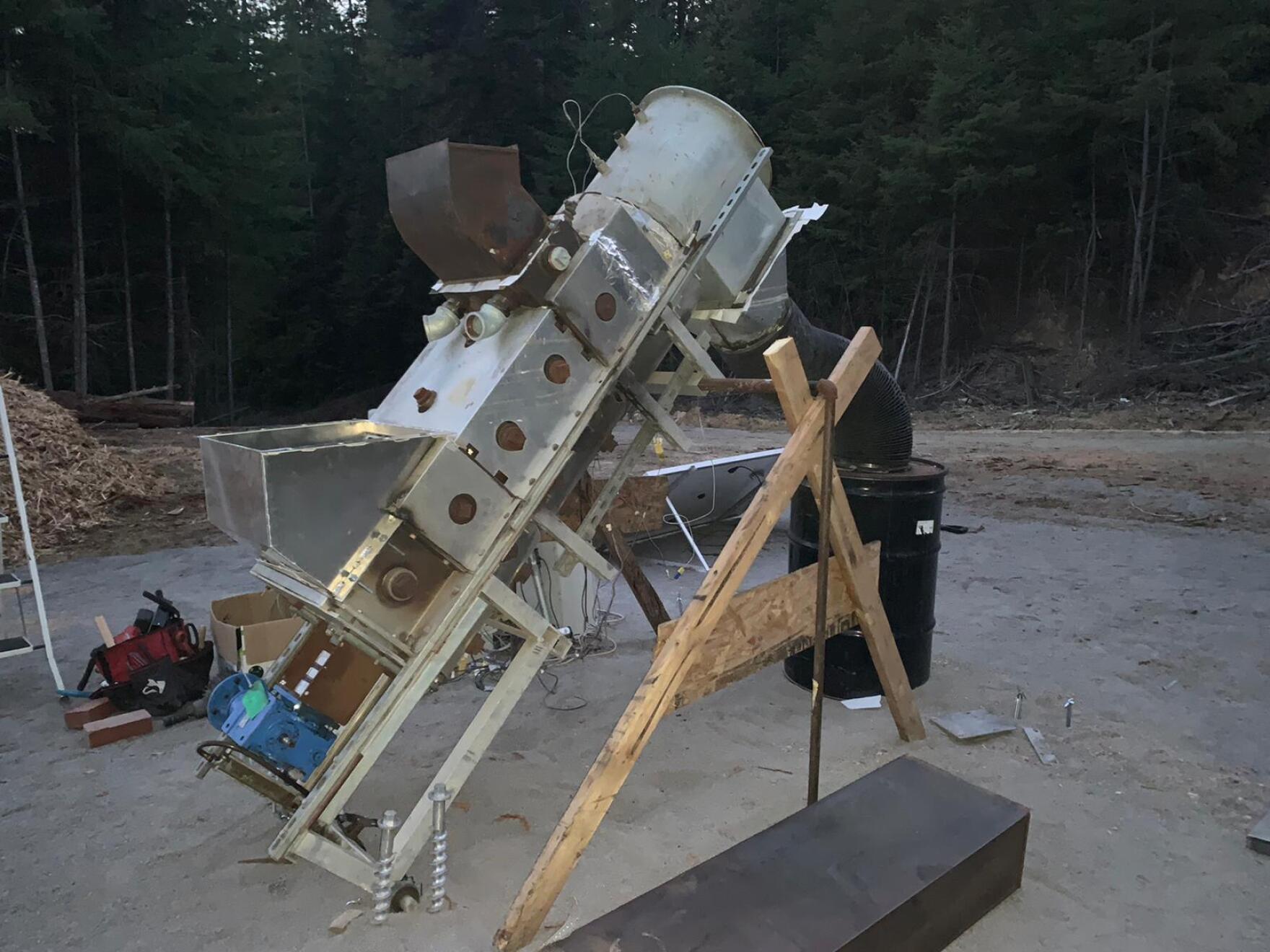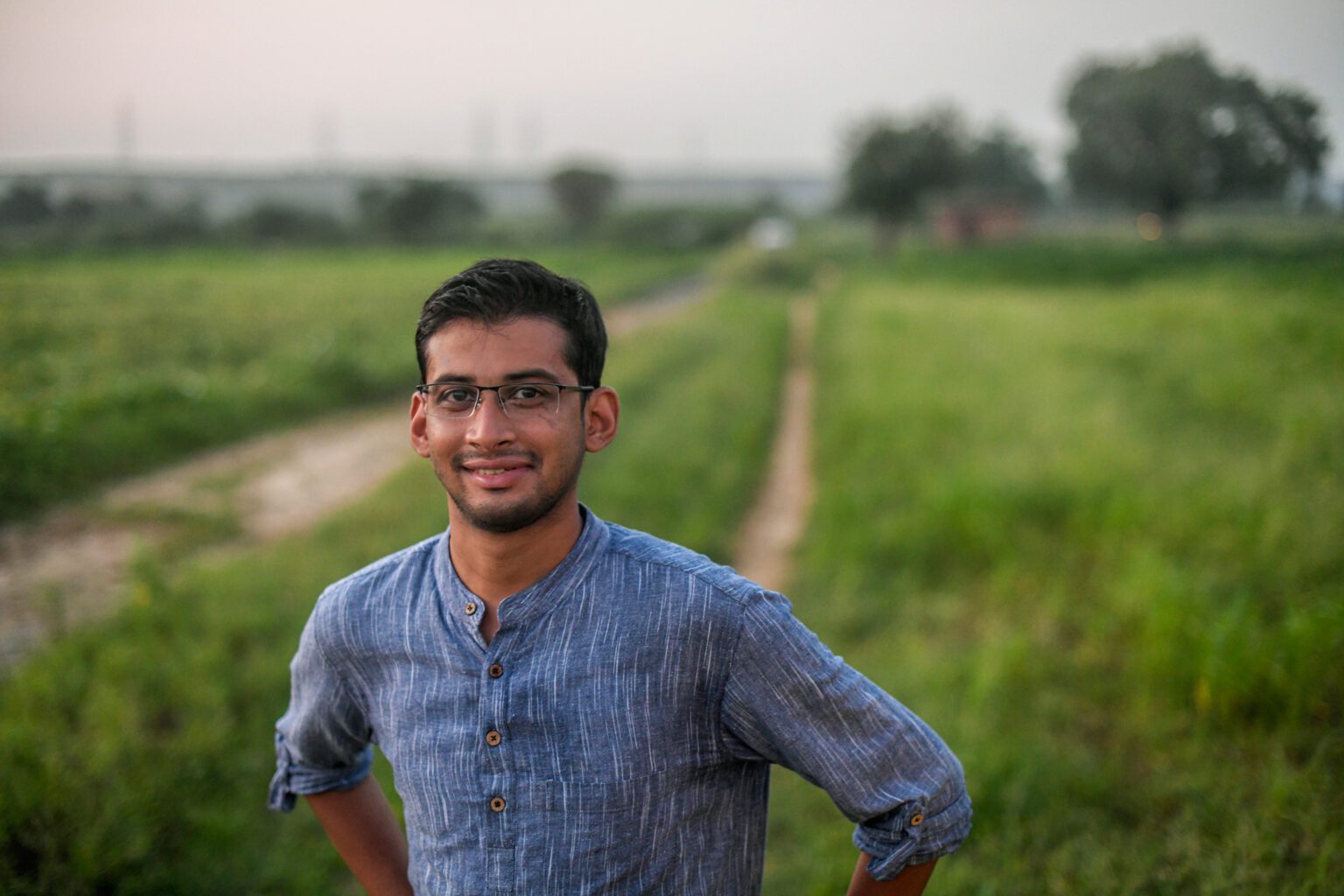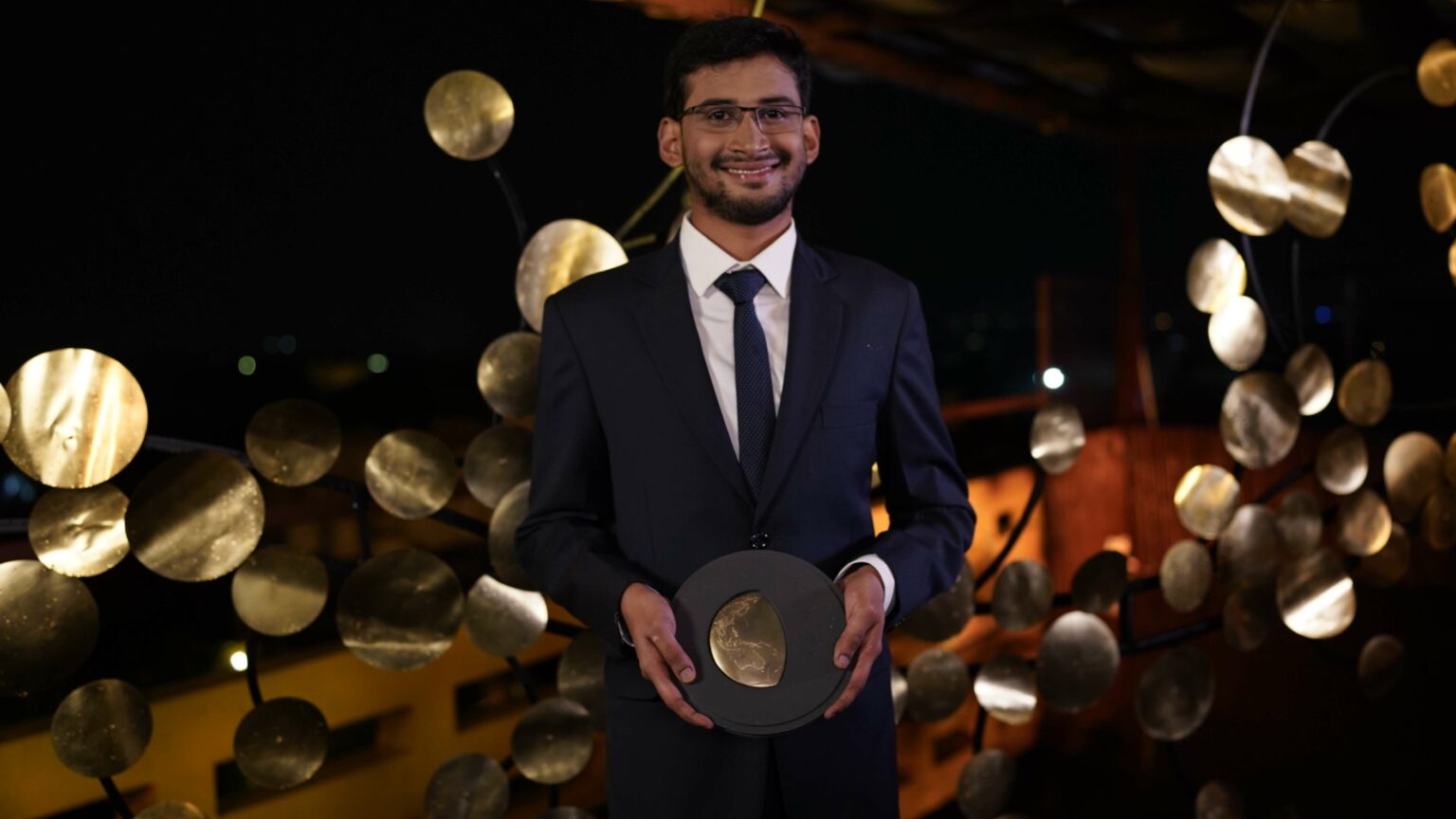(June 17, 2022) Living in Delhi, Vidyut Mohan first-hand experienced the hazardous smog caused by stubble burning in the neighbouring states of Punjab and Haryana at the onset of winter each year. Shrouded in smoke, the capital barely breathes good quality air, thus affecting health and visibility equally. Stubble burning in neighbouring states accounts for some 30 percent of winter air pollution in Delhi. This air quality emergency galvanised the 29-year-old social entrepreneur to start Takachar, a company that converts waste biomass into marketable products at a low cost. The initiative has made him earn a spot in Forbes 30 Under 30, and won him the Young Champions of the Earth 2020 award and the Earthshot Prize 2021, also known as Eco Oscars, under the Clean Our Air category.
“I have always been environmentally conscious growing up, and being passionate about energy access, I wanted to do something that not only creates income opportunities for the poor communities but also protects the environment,” Vidyut tells Global Indian. Takachar, which impacts four UN Sustainable Development Goals – Responsible Consumption and Production (12), Climate Action (13), Decent Work and Economic Growth (4) and No Poverty (1), is on a mission to fight climate change and create livelihood for rural population.

Vidyut Mohan is the founder of Takachar.
Creating a dual impact
Born to a teacher mother and a consultant father, Vidyut’s childhood trips to rural India exposed him to many problems, thus making him empathetic at a tender age. This pulled him to find solutions to bigger problems, and that’s what he intended to do during his master’s in sustainable energy technology and sustainable entrepreneurship at the Technische Universiteit Delft, Netherlands. A mechanical engineering graduate, Vidyut was keen to help the poor earn extra income and also solve an environmental problem. “During my thesis, I developed a prototype and tested it in fields. The pilot project in Uttarakhand was to convert local forest waste into charcoal, which managed to double the income of the locals,” reveals Vidyut who is a great believer in a “self-sufficient economy.”

The machine developed by Takachar
Having lived in the Indian capital all his life, Vidyut knew that many were suffering from air pollution, and understood that it was a “wasted opportunity” if not turned around to benefit the poor communities financially and also protect the environment. This gave birth to Takachar in 2018. Along with Kevin Kung, whom Vidyut got in touch with during his masters in 2014, he developed a small-scale, low cost and portable equipment that converts waste biomass into solid fuel and fertiliser through the process of torrefaction. “We use agricultural and forest waste and treat it thermos-chemically in our machine which causes biomass to partly decompose and create carbon-rich material – char or biocoal,” explains Vidyut, who is motivated to get people out of poverty as well as work for the environmental cause through Takachar. The name, Takachar, struck a chord with him as taka means money in Bengali while char refers to the carbon-rich material.
From a pilot project in Kenya to breaking ground in India
Having already started a pilot project in Kenya in 2016 where rice husks are converted into fertilisers which later scaled up to 6000 farmers, Vidyut knew it was time to officially start in India. Researchers estimate that each year farmers burn about 23 million tonnes of paddy stubble in India which is responsible for 13 percent of the total global emissions from crop burning in India. For farmers, clearing out paddy fields by burning the stubble is the cheapest and easiest way out. However, Vidyut took some time to make the farmers understand the “multi-dimensional impact” of Takachar’s technology that could help “mitigate air pollution as well create a rural livelihood.” He is helping farmers in dual ways – giving them a chance to earn extra income by selling their waste to Takachar and training them to run the machine effectively, in turn creating livelihood opportunities.

It hasn’t always been an easy journey as one of the biggest challenges initially was to make farmers understand the objective and mission of Takachar. “It took us some time to convince the farmers that we aren’t going to exploit them. We often work with smaller groups of farmers who don’t mind taking the risk,” says the social entrepreneur who became an overnight star after winning the first-ever Earthshot Prize, an award set up by Prince Williams and the Royal Foundation.
How Takachar found the limelight
The recognition put Takachar on the global map helping it gain potential customers, partners, and corporates. “The publicity helped attract a lot of people, and gave us the chance to choose who we want to engage with,” says Vidyut, for whom the award was the perfect validation as it has a rigorous selection process. He had no inclination that he would make the cut, and the announcement was nothing short of a “surprise” for him. However, his focus is to not get distracted by the opportunities coming his way. “It’s important to understand that you cannot do everything and one should prioritise to have a solid foundation,” adds Vidyut, who has started two pilot programmes in Haryana and Tamil Nadu.

Vidyut Mohan’s Takachar wins Earthshot Prize 2021.
For Takachar, localisation is the key as it has collaborated with small coconut oil mills for its pilot in Tamil Nadu. “We are using coconut shells to convert them into biomass. And for Haryana project, we are using rice husks,” reveals Vidyut who has successfully converted 50 tonnes of biomass into solid fuel until now.
The social entrepreneur is happy to see some action in the green startup space with “government policies helping in fostering innovation and changing its focus from fossil fuel to clean energy.” Vidyut, who likes taking long walks and travelling to unwind, wants people to be curious and “question the status quo”.
With India committed to reaching net-zero emissions by 2070, Vidyut Mohan isn’t ready to wait that long and instead wants immediate action from people. “We can reach the target much earlier as the onus lies on each one of us to take the initiative to conserve energy and live a simple life,” the social entrepreneur signs off.




